Recently in our blog we published an article about the software development roadmap in detail where we described the connections between different processes and the whole work of IT infrastructure. Here we will outline the main points and help you understand the estimation of time and resources necessary for each process.
Software development stages
Before you start a project, you need to define your documentation types, necessary for the team and the client. Each process and stage require its accompanying documentation.
The stages include:
- Analysis and Planning;
- Design;
- Backend development;
- Frontend development;
- Quality Assurance and testing;
- Intermediate deliveries;
- Documentation;
- Maintenance and others
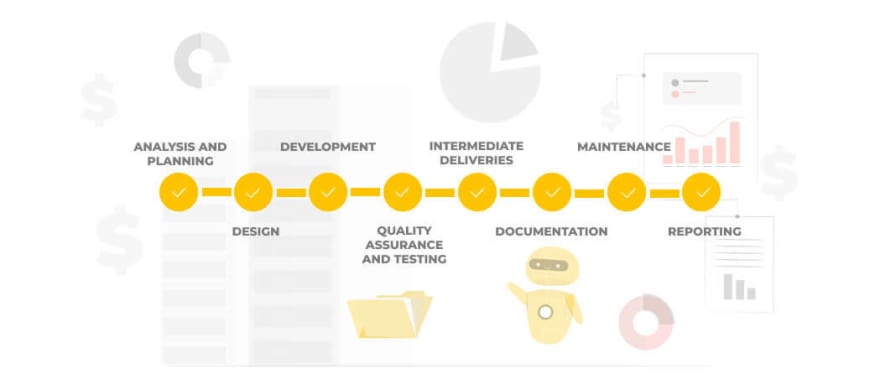
Life cycle of the development process
There are several reliable software development lifecycle models you can use for your project depending on your target audience, market, and business requirements.

In our article, we pay attention to such types of SDLC or software development methodologies like:
- Waterfall Model
- V-Shaped Model
- Iterative Model
- Spiral Model
- Big Bang Model
- Agile Model
- Prototyping Model
We describe every model-specific development process and write about the types of businesses and projects for every model.
Btw, you can Download the SDLC comparison table.
Development of documentation
Each stage of the process requires specific documentation that will describe the software requirements, design process, quality and security requirements, technical description, and others.
The list of typical development documents include:
- Development analysis;
- Requirements specifications;
- Functionality specifications;
- User Experience design specifications;
- Development plans;
- Quality assurance plans, etc.
There is a software development cheat sheet you can download.
Product documentation
Every project needs product requirement documentation that describes the specific product and its final presentation. It can be one document or a list of various detailed requirements or diagrams.
The requirements are usually functional and non-functional and require:
- a project’s purpose, goal, terms;
- general description, functionality, framework, restrictions;
- specific requirements, speed, security, intellectual property.
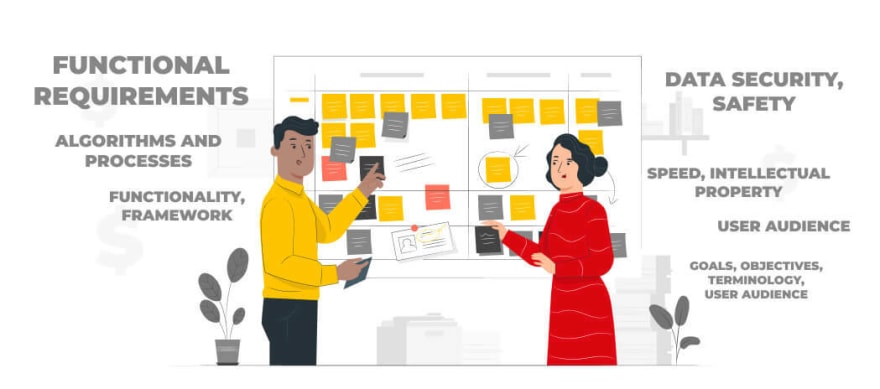
Different categories of requirements
The quality of software products divides into two major categories – functional and non-functional requirements. You can read more on how to differentiate between them.
The UX design stage needs to be documented specifically carefully as it includes various stages, research, diagrams, analysis, prototyping, usability testing, and other stages.
It usually includes such a list of documents:
- Wireframes
- Mockups
- Prototype
- Site maps
- User flow schemes/user journeys
- Usability testing reports
QA Documentation
Software Quality Assurance (SQA) documentation include the requirements of QA and usually offer such plans as:
- The test strategy
- The quality management plan
- The test plan
- The test case specification
- The test checklist, etc.
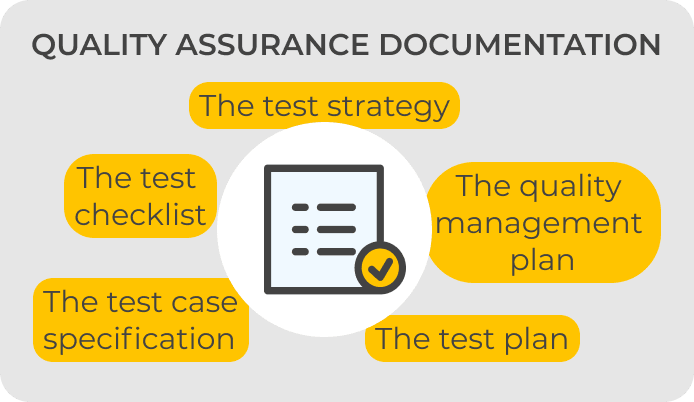
Quality measures specification
To measure the quality, you need to understand which quality metrics to choose. There can be types like:
- Open/Closed Bugs
- Reopened/Closed Bugs
- Rejected/Opened Bugs
- Bugs by Severity
- Bugs by Priority and others
Documentation for users
Every product is made for users who need to estimate the product’s quality later. For this, there should be detailed information about the type of maintenance and instructions that provide following information:
- Start guide of the product
- Instructions on software installation
- The troubleshooting guide
- Video tutorials
- FAQs
- Support Portals
- Functionality Description etc.
Digital Metrics
Among the tools UppLabs can recommend for measuring products’ performance are:
- Google Analytics
- Matomo
- Woopra
- Mixpanel
- StatCounter
- Hotjar
- Kissmetrics and others
The detailed roadmap and documentation that covers all software development stages can ensure your product success and smooth project implementation. You can read more about software development roadmap in our blog.


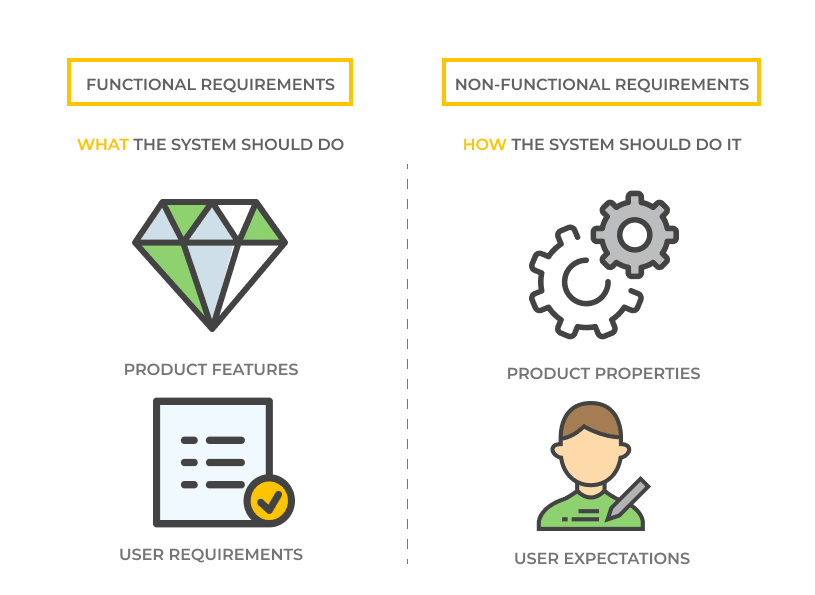
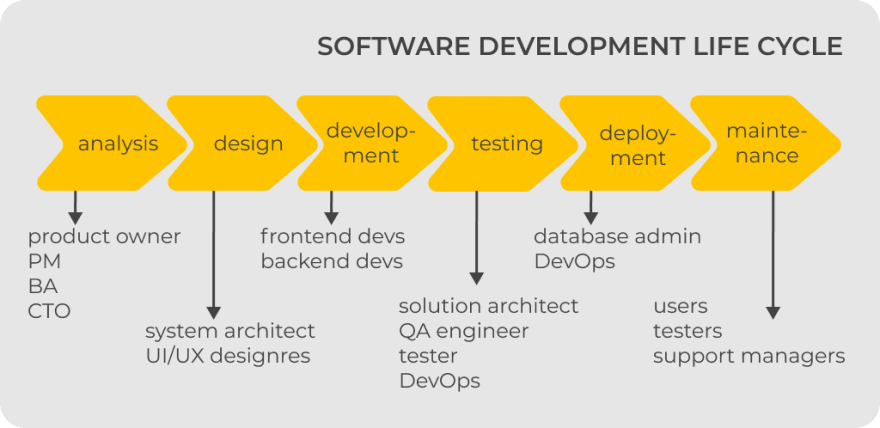





Top comments (1)
Interesting, thanks!